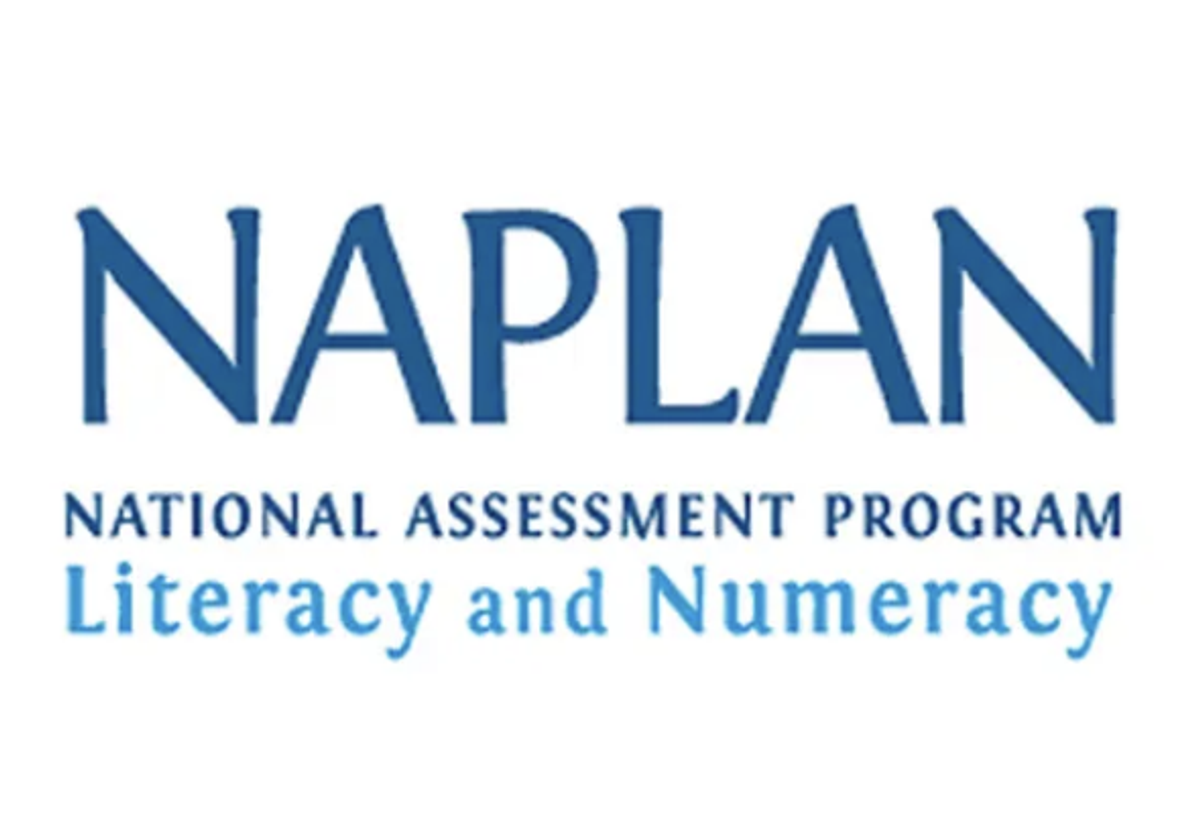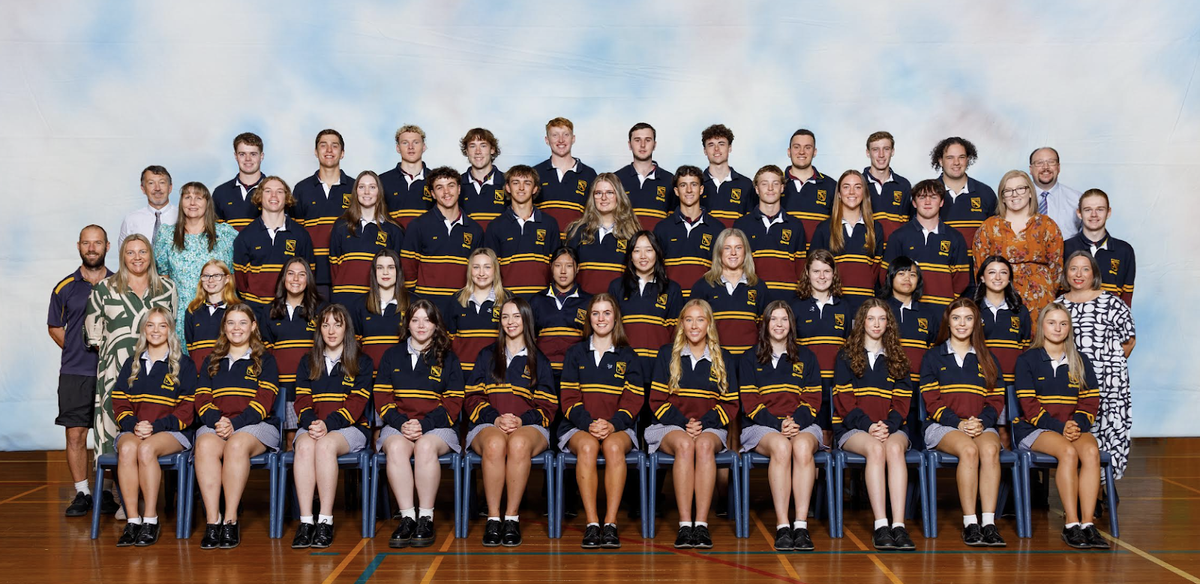From Brad Downie
Deputy Principal - Student Learning and Professional Practice

From Brad Downie
Deputy Principal - Student Learning and Professional Practice
An important part of the academic program of all schools, every year, is the NAPLAN testing program. NAPLAN stands for the National Assessment Program - Literacy and Numeracy, with all Years 3, 5, 7 and 9 students across Australia undertaking the tests.
NAPLAN Testing in 2025


NAPLAN assesses literacy and numeracy skills that students are learning through their regular school curriculum. Students in Years 3, 5, 7 and 9 in 2025 will sit assessments in:
All of these tests, with the exception of the Year 3 Writing test (which will be a ‘paper’ test), will be completed in online formats.
The tests will take place from 12-17 March, with most tests scheduled for the morning sessions.
The overall test program is overseen by ACARA (Australian Curriculum, Assessment and Reporting Authority) and the purpose of the tests is to monitor and report upon student achievement in literacy and numeracy in a comparable and consistent way across the nation’s education systems.
The test program has been online since 2023. Online NAPLAN tests provide more accurate results and are more engaging for students. One of the main benefits of the online format is adaptive testing, where the test presents questions that may be more or less difficult depending on a student's responses. This adaptive testing allows a wider range of student abilities to be more accurately measured and presents questions more relevant to the child’s particular level of achievement.
NAPLAN is just one aspect of a child’s learning experience and assessment, but it can provide parents/carers and teachers with additional information about a child’s educational progress. The results of these tests will be shared with parents/caregivers in mid-June.
2024 saw the introduction of simpler and clearer information about each child’s NAPLAN achievement based on new, more rigorous national standards. New proficiency standards with four levels of achievement for each year level have replaced the previous ten band structure. The new proficiency standards include a baseline benchmark to identify students who are likely to need additional support.
The four levels of achievement include:
If a child is in the Strong or Exceeding category, it means they have demonstrated proficiency and that their literacy or numeracy skills are where they should be at this stage of their schooling. If a child has not yet met proficiency, then they will either be in the Developing or Needs Additional Support category.
These standards will support higher expectations for student achievement and ensure that students are gaining the important literacy and numeracy skills they will need throughout their lives. Student reports will continue to show the national average and the range of achievement for the middle 60% of students in their year level, allowing comparison of a child's achievement against these measures.
Students are not expected to study for NAPLAN. The skills and knowledge covered in the NAPLAN tests are those that have been part of students’ regular curriculum across the year levels. At St Augustine’s, our philosophy is to teach students the skills and knowledge that they need to build a foundation for academic and personal fulfilment and success. We aim to teach for the test, not to the test.
Classroom teachers have spent time guiding students in gaining familiarity with the test formats in classes, across the past two weeks, through online practice tests.
To familiarise students with the format and nature of questions for each of the four tests, students/parents/caregiver can also access the NAPLAN Public Demonstration site at the following link. The site provides examples of the style of questions for each test, for each year level. NAP - Public demonstration site
It is important for parents/caregivers to provide students with guidance as they approach the testing period. For some students, the tests can feel daunting and be a cause for concern. Parents/caregivers can play an important role in reassuring their children that the tests are part of their normal school program and reminding them to not be worried about the tests, but to simply try their best.
To be prepared for NAPLAN tests, students should bring:
A fully charged iPad or laptop.
Headphones (most questions, except for the Reading test, will have an audio option; the Spelling test requires audio capability). Headphones are required for the Conventions of Language test for students in each of the year levels - Years 3, 5, 7 and 9. The headphones may be either plug-in or bluetooth. The College has a limited supply of additional headphones. If you are unable to obtain/provide headphones, please let the College know so that we can make arrangements to ensure that students can access the tests appropriately.
Pen or pencil for any working out.
2024 Year 12 VCE cohort: Post-Secondary destinations


While our current students continue to work hard, our 2024 Year 12 cohort have reached another milestone. This week sees the beginning of the academic year for universities and college, with many of our graduates commencing their tertiary studies.
At this time, the College would like to acknowledge the success of last year’s Year 12 group. From the 2024 Year 12 cohort:
43 successfully completed the Year 12 VCE certificate (8 x VCEVM, 35 x VCE)
26 received VTAC offers to universities/colleges
7 have commenced Certificate III & IV level TAFE courses/Traineeships
6 have taken up apprenticeships in trades
2 have commenced Australian Defence Force Gap Years, and
2 have commenced employment in the local area
We are very proud of all of our Year 12 graduates and wish them well and congratulate them as they move onto the next stage of their study and career pathways.
Brad Downie
Deputy Principal
Student Learning and Professional Practice